Karkidakam Month Begins on July 16th or 17th
Indian culture is known for its rich heritage, and each and every corner of the country has added its own ingredients. Like the vast difference between East and West, North and South Indian cultures too vary from one another for so many reasons. Though there are similarity in religious rites, North and South have added their own flavours to Indian culture distinct from one another. Kerala’s traditional culture too has a lot of such things, definitely different from other parts of India. Ramayana month (Karkidakam) is one such and I doubt if any other part of India follows so much traditions during the month of July-August, and monsoon and weather conditions also play a significant role. It’s a time widely accepted as the month of penance and piety, but the season of rejuvenation also. It usually begins in 16th or 17th July every year and ends with August 16th. August 17th marks New Year.
Why is Karkidakam month significant to Malayalis?
Malayalis follow a traditional Malayalam calendar apart from Gregorian calendar and all traditions, rituals and functions are related to Malayalam calendar. Hindu families of Kerala celebrate birthdays and other related functions according to Malayalam calendar and stars. No doubt among the 12 months, no other month is linked with so many rituals like the last month of Malayalam calendar – Karkidakom. Why? Is it because it’s the best month to start something new or do every good things of a year? Not at all!
It’s considered as the worst month of the year, and traditional homes are giving so much importance to prayers, treatments and rituals to this month to lessen its difficulties and bad outcomes. Definitely it’s an auspicious period representing the ‘dark ages’ of a calendar year, and regarded as the bad time before the most prosperous period of Malayalis – Chingam and Onam celebrations. It’s the cheerful period of a year welcomed by all Malayalis.
What are the integral components of Karkidakam month?
In Kerala monsoon starts with first week of June and continues till mid-August just before the arrival of boat races and Onam celebrations. Heavy rainfall forms an integral part of this month. What else? For families which solely depend on farming and other odd jobs, it’s not easy to get work and this period is spent in penury. Like animals which store food before winter, such families too have to make enough provisions for their daily expenses just before the arrival of monsoon. It’s also a time of contagious diseases, and people choose this month for rest and Ayurvedic treatments to stay fit and work effortlessly for the next one year. Karkidaka Kanji is also consumed this month for health reasons. Read more about Panchakarma Treatment done during this month.
How it’s related to Hindu temples and their rituals?
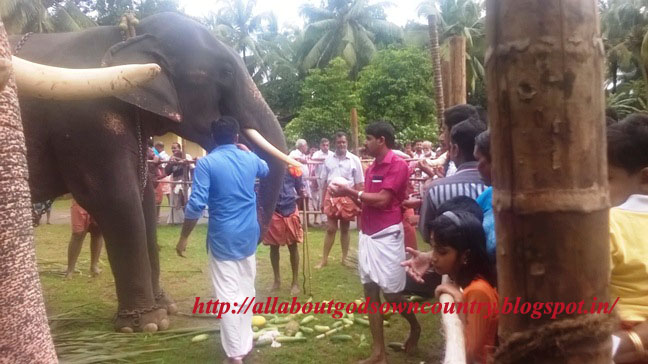
Anayoot – Conducted at Kerala temples during Karkidakam month
It’s an auspicious for temples as well. As this period is regarded as the bad period of the year, Holy Ramayana by Ezhuthachan is recited at temples, as well as Hindu homes, and it’s regarded good to lessen the bad outcomes of the month. For the same reason this month is also known as Ramayana Month (Ramayana Maasam). Visiting the temples of Lord Rama and his brothers in a single day, known as ‘Nalambala Darshanam’ is also conducted this month. Many Hindu families stay away from non-vegetarian items, and also leafy vegetables are excluded from diet. Illam Nira, Puthiri and Karkidaka Vavu are also a part of Ramayana Month rituals.
Go through the gallery to read a few more unique articles on traditions followed during holy Karkidakam month by Keralites. Here is the page link. Click on the images to read.
(Visited 457 times, 1 visits today)


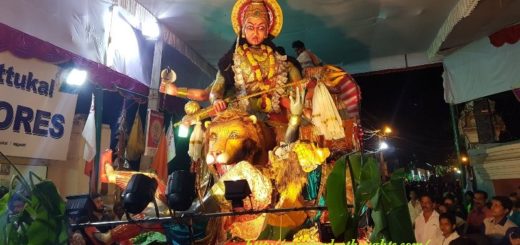
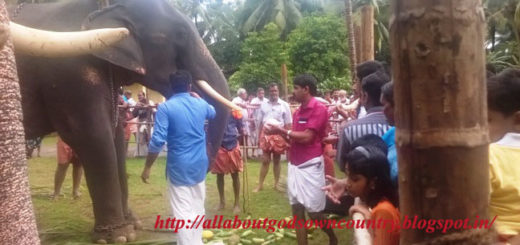




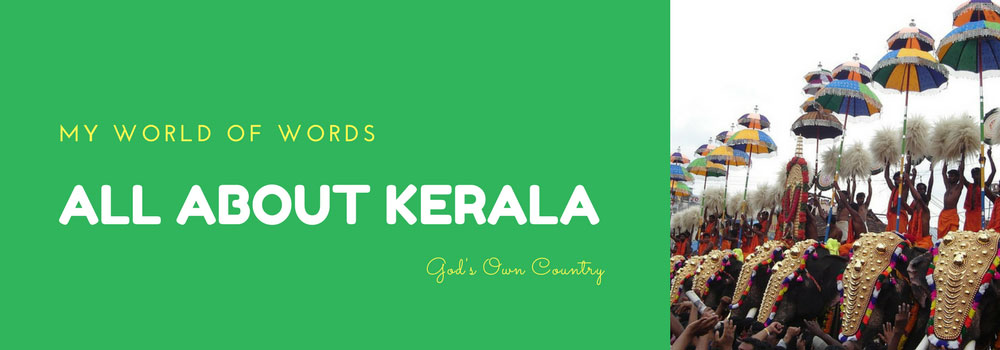
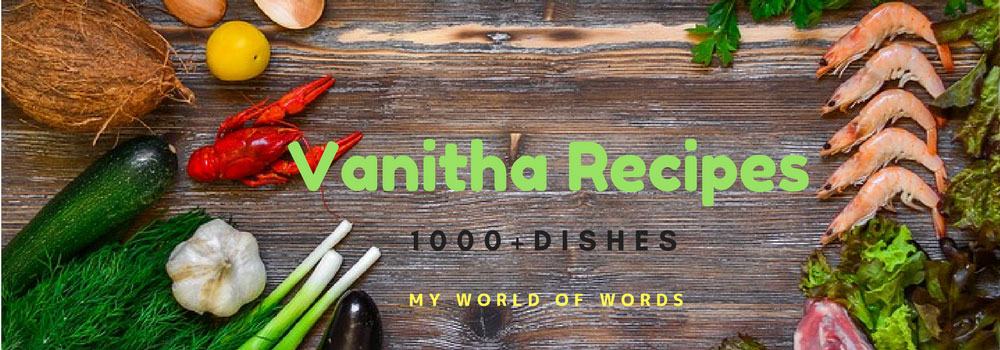
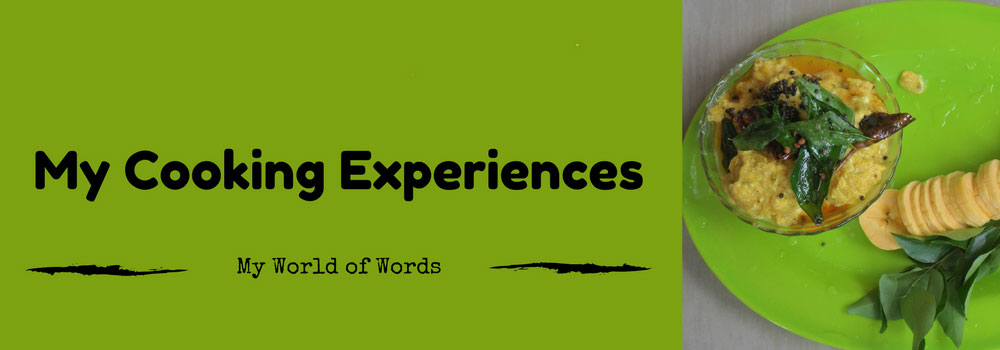


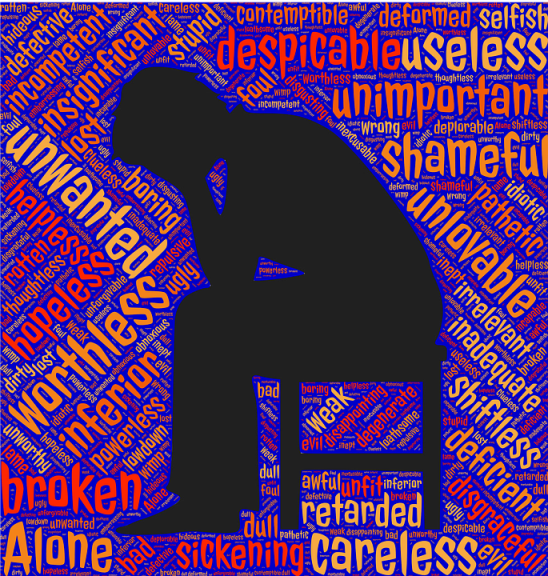

Recent Comments